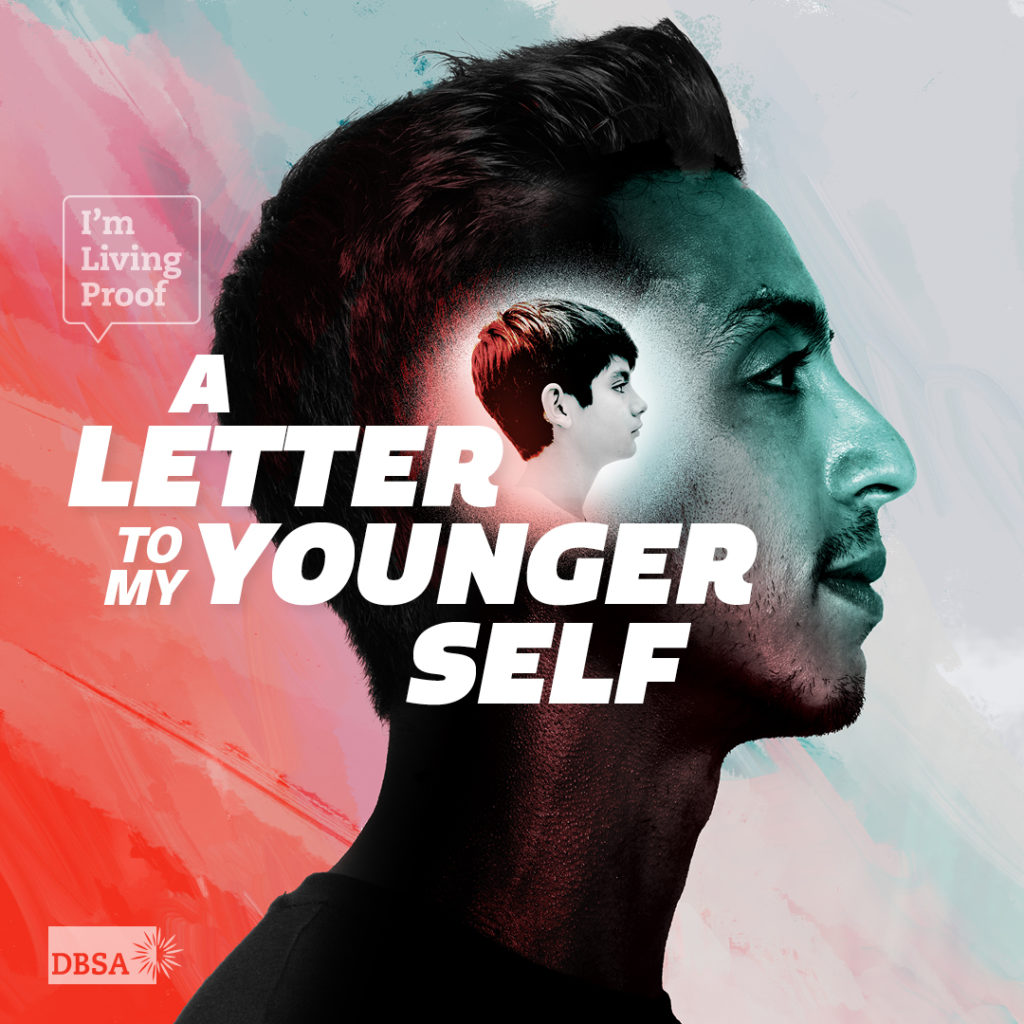Online Support Groups
Through our Chapter network, DBSA offers online young adult support groups (between the ages of 18-30) living with depression and bipolar disorder a place to share experiences, discuss coping skills, and offer hope to one another.

Resources from the Young Adult Council
- Questions To Ask at Your First Therapy Appointment
- Chronic Conditions and Mental Health
- Sobriety and Bipolar Disorder
- Living at the Intersection of Multiple Diagnoses
- Self-Harm: My Story, Coping Mechanisms, and Lessons Learned
- This June, I have nothing to defend
- A battle to define identity beyond the binary and embrace authenticity
- A Guide for Self Forgiveness
- Staying Healthy with Shift Work
- Tips for Self-Advocacy
- Blog: Life After a Suicide Attempt
- Blog: Finding the Right Therapist (MJ)
- Choosing the Right Career
- Our Favorite Wellness Tools
- Ten Grounding Strategies To Help You Redirect Your Thoughts
- 8 Tips on Setting Boundaries for Your Mental Health
- Recognizing the early signs of a mood disorder
- At-home Resources for Young Adults





